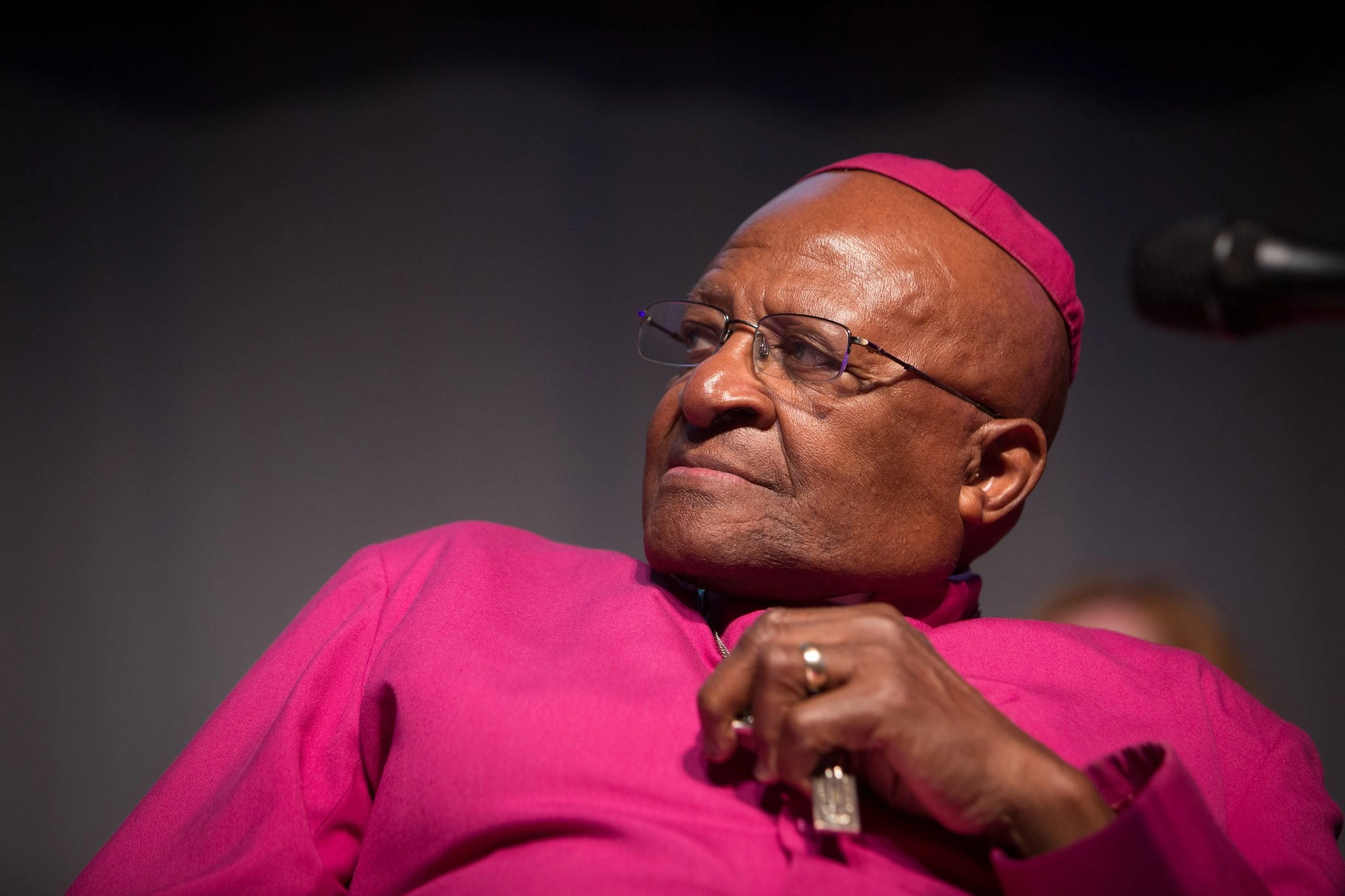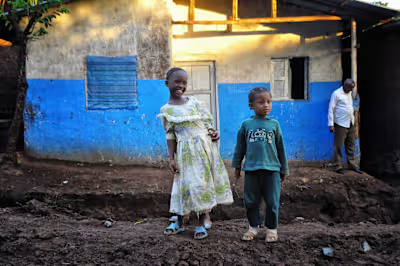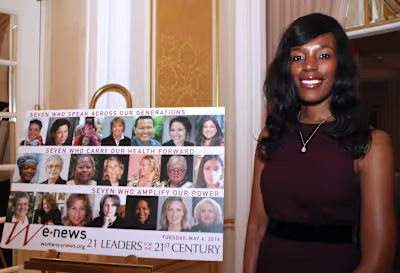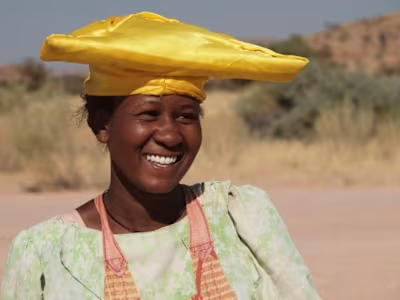Desmond Tutu’s Legacy and Charitable Contributions

KNOXVILLE, Tennessee — The death of Archbishop Desmond Tutu at age 90 in December 2021 spurred admirers to memorialize his legacy of black liberation, reconciliation and hope. In an interview with The Borgen Project, Brincess, a writer and poet in South Africa, recounts Tutu’s legacy: When Black people were suffering under apartheid, acknowledging this wrongfulness, “he would speak it out loud without [fear]of the consequences.” According to Brincess, Tutu declared that he would die of natural causes and not at the hands of the apartheid government. Despite his strong opinions, this exact declaration unfolded as the “powerful force for nonviolence in South Africa’s anti-apartheid movement” died of natural causes on December 26, 2021.
Desmond Tutu’s Legacy
Winner of the 1984 Nobel Peace Prize, many liken Tutu to the Martin Luther King Jr. of South Africa for his pivotal role in speaking out against apartheid and calling for economic sanctions against the apartheid government while maintaining a path of nonviolence in the anti-apartheid movement. In addition, Tutu cared about the good of humanity, believing in the Ubuntu philosophy that humans are connected and that interconnectedness can lead to the health and well-being of a community and the world. Tutu put this philosophy into practice through his lifelong commitment to charity work. While Tutu ceases to exist, the charities he supported prevail. Speaking on his death, Brincess says, “South Africans feel they have lost a true hero.”
The Desmond Tutu Health Foundation
In his younger days, Tutu suffered both tuberculosis and polio, which is why combating infectious diseases was personal to him. Tutu contributed to the fight against HIV/AIDS by supporting the Desmond Tutu Health Foundation (DTHF), created in 2004, which funded the first public clinic offering antiretroviral therapy for those with HIV in South Africa. DTHF has since grown exponentially, offering a variety of services in centers across South Africa.
DTHF focuses its sites on under-resourced areas, providing prevention services and treatment for HIV/AIDS and tuberculosis through groundbreaking drugs and technology. Julie Thurmer, a nurse who works at the Helen Ross Mcnabb Center in Knoxville, Tennessee, tells The Borgen Project that HIV has become less stigmatized because of the development of antiretrovirals and drugs partners can take to increase their protection against HIV transmission.
Youth HIV/AIDS Projects
DTHF developed the Zimele Project in 2016, a program that targets adolescent girls and young women as they are “4-6 times more likely to [contract HIV]than their male counterparts.” In 2014, South African girls aged 15-19 accounted for 10% of new HIV cases globally, a statistic the Zimele Project aimed to change.
The project, which reached more than 20,000 girls, offered a “wrap-around system” where interventions occur at “the individual, social, community, policy and environmental levels.” The project team traveled to schools, community venues and health facilities with the goals of minimizing HIV infections and reducing pregnancies of girls younger than 18 while keeping girls in school and helping girls to access employment and career development opportunities.
DTHF also offers mobile clinic services, which have conducted “more than 100,000 HIV counseling and testing sessions” since their inception. Thurmer says that, from a health care perspective, it really comes down to how nursing staff can help a patient and point them to services that may be valuable.
The Desmond Tutu HIV Foundation Youth Center provides educational resources, recreational activities and safe sexual reproductive health services to young people “in Masiphumelele and surrounding areas” in Cape Town, South Africa. Annually, about 4,500 youth benefit from the center’s services as it is also a safe space that offers engaging extracurricular activities to keep the youth off the streets.
The Desmond and Leah Tutu Legacy Foundation
The Desmond and Leah Tutu Legacy Foundation launched in 2013 with the mission to preserve Tutu’s ideals rooted in peace and healing “through research and development, archival digitization,
museum design and curation and [programs]and events to promote these values.” The foundation consists of three programs to encourage healing, namely Courageous Conversations, Healing Leadership and The Knowledge Legacy.
The Courageous Conversations program confronts ways to combat inhumanity, such as prejudiced and oppressive ideologies, and teaches, through platforms and dialogues, to “speak truth to power” by “advocating for peace and social justice.” The Healing Leadership program trains and supports aspiring leaders to uplift communities struggling with poverty, inequality and global issues using Tutu’s principles. The Knowledge Legacy program archives and protects Tutu’s documents, artifacts and audio-visual materials for anyone interested in learning about his lifelong work of promoting healing and peace.
The Batonga Foundation
Beninese singer-songwriter Angélique Kidjo established the Batonga Foundation in 2006 with the vision of empowering underserved adolescent girls to become strong and successful women. Tutu was on the board of advisors and shared a friendship with Kidjo. Speaking highly of her, Batonga Foundation’s website recounts his words: “if you don’t know Angélique you haven’t lived, because there’s not one person who would be in her presence and not be changed.”
The foundation focuses most of its attention on 15 communities in rural Benin, supporting more than 3,600 girls and women aged 10 to 30. It has developed 126 leadership clubs and “50 young women business circles.” Mentors visit girls’ homes to raise awareness about their rights and help navigate difficult situations. Despite COVID-19, mentors have conducted more than 3,700 home visits since the dawn of the pandemic. Batonga girls have created 4,400 bars of soap and 160 face masks to prevent transmission of COVID-19 within the community.
Upholding Tutu’s Legacy
Archbishop Desmond Tutu cared deeply about humanity, as evidenced by his support to eradicate diseases and poverty and put an end to human rights violations. He uplifted many South Africans while aiding in dismantling a discriminative and unequal system. Tutu’s legacy lives on in the organizations he created and the charities he supported.
Like this project
Posted Jul 15, 2023
In an interview with Brincess, a writer and poet in South Africa, recounts Desmond Tutu's legacy.




